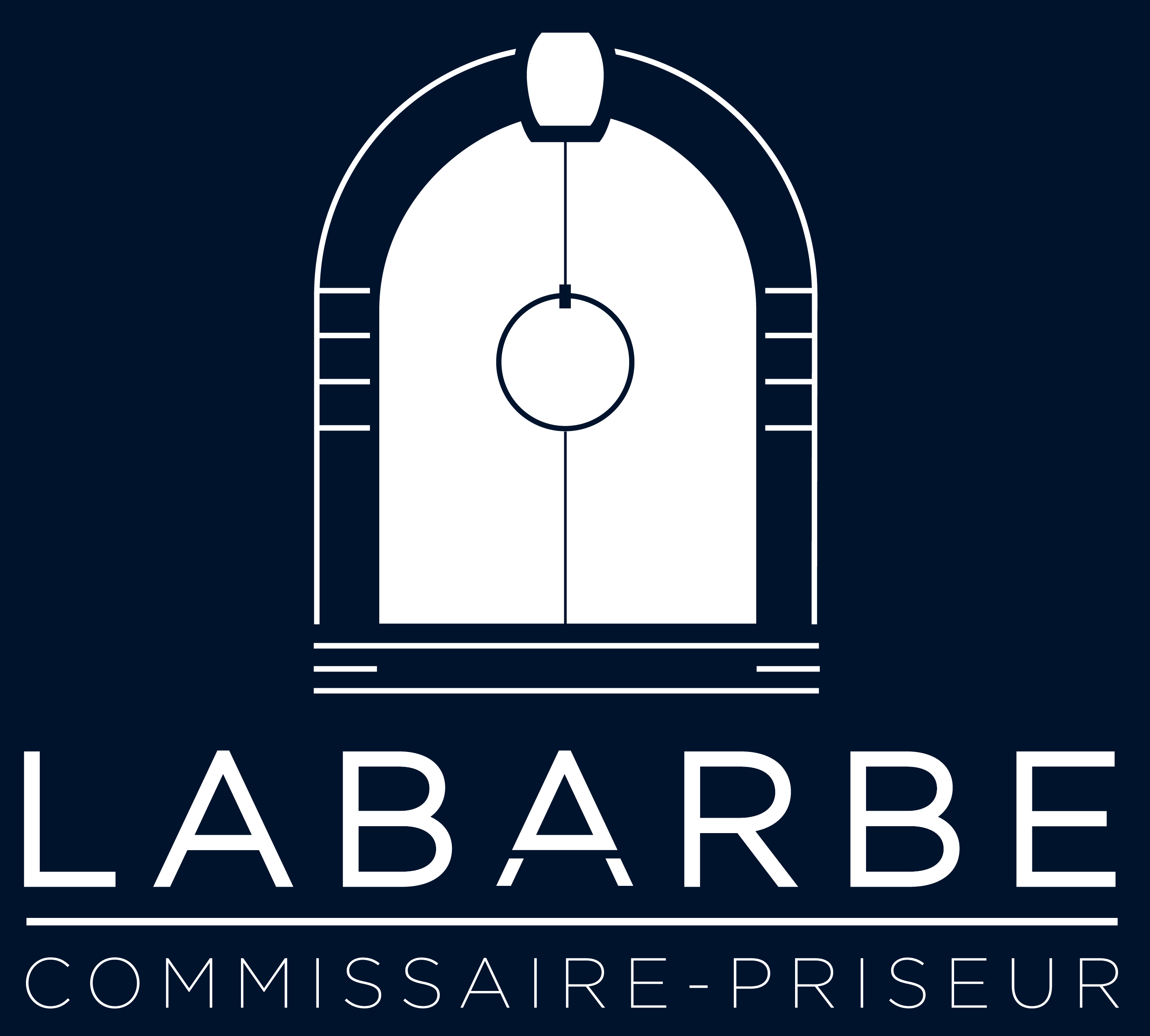The estimation of an old book by an auctioneer is based on several specific criteria which make it possible to determine its market value. Here are the main elements thatand our auctioneers takenent taken into account when evaluating a book:
- First edition : An old or rare book is often more valuable if it is a first edition, especially if the author is famous or the work has significant historical impact. First editions are often sought after by collectors.
- Limited edition : If the book was published in a limited edition, this can also increase its value. Books printed in special editions, such as those numbered or signed by the author, can be particularly sought after.
- Origin of the printing press : The publisher, printing date, and location are also important factors. Books printed by renowned presses or in specific periods, such as early editions from the Renaissance or 18th century, are often more valuable.
- Storage conditions : The overall condition of the book is essential. A well-preserved book, with a solid cover, intact binding, pages without tears or annotations, and without signs of mold or discoloration, will have a higher value than a damaged copy.
- Binding Binding can add value. Bindings made of leather or other fine materials, especially those made by hand, are particularly sought after. An original (unrestored) binding is also more attractive to collectors.
- Pages : Pages should be clean, without excessive foxing, stains, or yellowing. If a book is incomplete, this may negatively affect its value, unless it is a rarity.
- Rarity The rarer a book is, the higher its value will be. This may apply to books that are out of print or have a limited circulation. Books that were printed in small quantities or have a small print run are often highly sought after.
- Request : Collector demand for a particular author, genre, or subject can influence the valuation. For example, books by certain famous authors such as Victor Hugo, Marcel Proust, or works of ancient literature will have a constant demand.
- Author's signature : A book signed by its author can see its value increase considerably, especially if it is a famous author or if the signature is rare.
- Dedications or personal annotations : If the book contains a handwritten dedication or personal note from the author, this can add significant value, especially if that dedication is historical or related to a particular event.
- Original illustrations and engravings : If the book contains illustrations, engravings, or prints, their quality and rarity can also affect the value. Books illustrated by renowned artists, especially those from the 19th century or art books, are often highly sought after.
- Condition of the illustrations : The condition of the illustrations (colors, inks, etc.) is also essential for the estimation of the book.
- Origin : A book's history, especially if it belonged to a famous person, a notable library, or is part of an important collection, can increase its value.
- Prestigious libraries : If the book comes from a historical collection or a reputable library, this can give it additional value, especially if there are archives documenting this provenance.
- Current rating : The auctioneer refers to the current market value of antiquarian books, taking into account recent sales of similar books. They may also consult auction house databases, specialized catalogs, or reference works to determine a book's value.
- Comparison with other sales : The auctioneer will also compare your book with similar books that have sold recently to ensure that the estimate is in line with the current market.
